-

Neocuproine CAS:484-11-7
Neocuproine, also known as 2,9-dimethyl-1,10-phenanthroline, is an organic compound that belongs to the family of phenanthrolines. It is a bidentate ligand widely recognized for its ability to form stable complexes with various metal ions, particularly copper(II). The compound appears as a pale yellow crystalline solid and is utilized in several analytical and synthetic applications due to its unique coordination properties and optical characteristics.
-

Nitroxinil CAS:1689-89-0 Manufacturer Price
Nitroxinil feed grade is a veterinary medication commonly used in the feed industry to control and treat liver fluke and other parasitic infections in livestock animals. It is administered orally through mixing with animal feed or water. Nitroxinil works by interfering with the metabolism of parasites, leading to their eradication. Regular use of Nitroxinil feed grade helps improve animal health and productivity by preventing and treating fluke infestations.
-
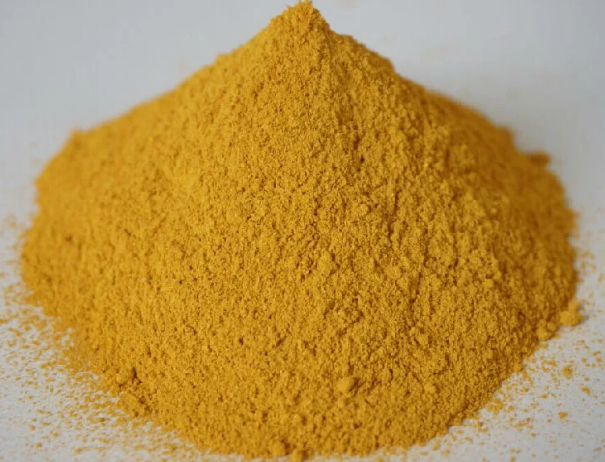
Folic Acid CAS:59-30-3 Manufacturer Price
Folic acid feed grade is a synthetic form of the B-vitamin folate. It is commonly used as a feed additive in animal nutrition to support various physiological functions. Folic acid plays a crucial role in DNA synthesis, cell division, and the production of red blood cells. It is essential for growth, reproduction, and overall metabolism in animals. Folic acid feed grade can improve nutrient utilization, enhance immune function, and promote healthy development in livestock and poultry. It is typically included in animal feed formulations at appropriate levels to meet the dietary requirements of different species.
-
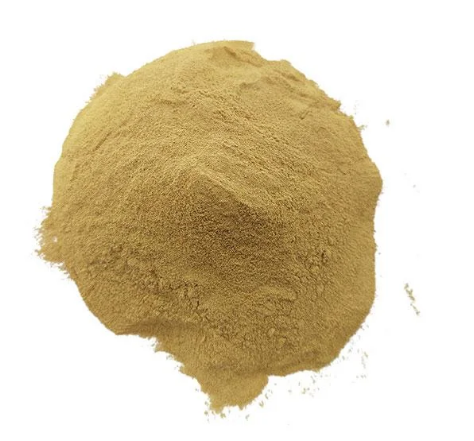
Ginger Extract CAS:84696-15-1 Manufacturer Price
Ginger extract feed grade is a natural supplement derived from ginger plants that is formulated specifically for animal consumption. It provides benefits such as supporting healthy digestion, reducing inflammation, enhancing the immune system, alleviating nausea and motion sickness, and stimulating appetite. It is suitable for various animals, including livestock, poultry, swine, companion animals, and aquaculture species.
-
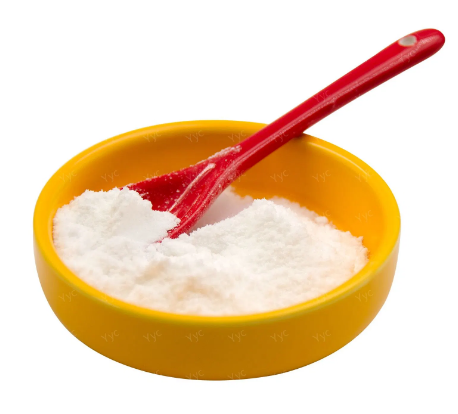
Fenbendazole CAS:43210-67-9 Manufacturer Price
Fenbendazole is a feed-grade anthelmintic drug commonly used in animal production to control and treat gastrointestinal parasites. It is effective against a broad range of roundworms and tapeworms in animals such as dogs, cats, cattle, sheep, and poultry. Fenbendazole disrupts the energy metabolism of parasites, leading to their paralysis and death. It is usually administered via animal feed or water and should be used in accordance with recommended dosage instructions and withdrawal periods. Fenbendazole helps improve animal health and productivity by reducing parasite burden and is often part of an integrated parasite management program.
-
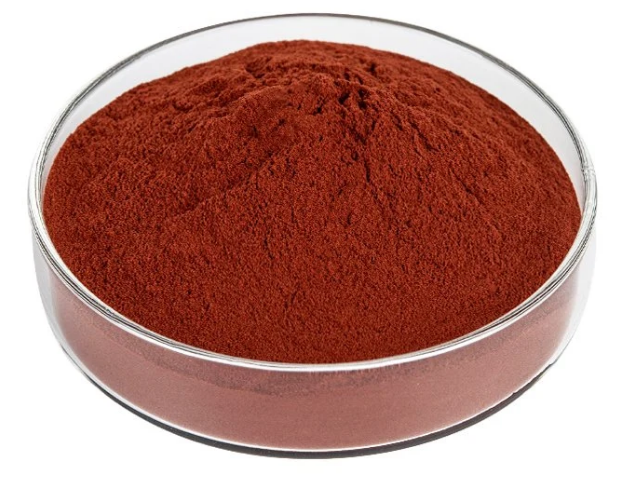
Canthaxanthin 10% CAS:514-78-3
Canthaxanthin 10% feed grade is a concentration of canthaxanthin suitable for animal feed applications. Canthaxanthin is a natural pigment that can enhance the coloration of animals, particularly in poultry and aquaculture species. Adding canthaxanthin to their diet can help achieve desirable and vibrant colors. It is commonly used in the feed industry to improve the visual appeal and market value of animal products. Canthaxanthin 10% feed grade can be easily incorporated into animal feed formulations and is safe for consumption by animals.
-
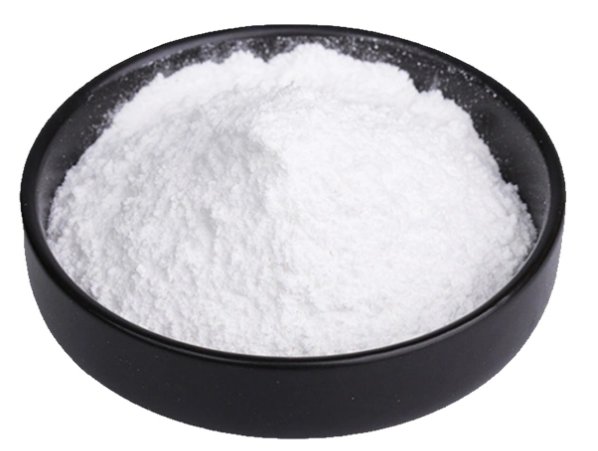
Oxfendazole CAS:53716-50-0 Manufacturer Price
Oxfendazole feed grade is a veterinary medication used in the feed industry to control and treat internal parasite infections in livestock animals. It is a broad-spectrum anthelmintic compound that effectively targets various internal parasites such as roundworms, lungworms, tapeworms, and flukes. Oxfendazole is administered orally by mixing it into animal feed at the recommended dosage.
-
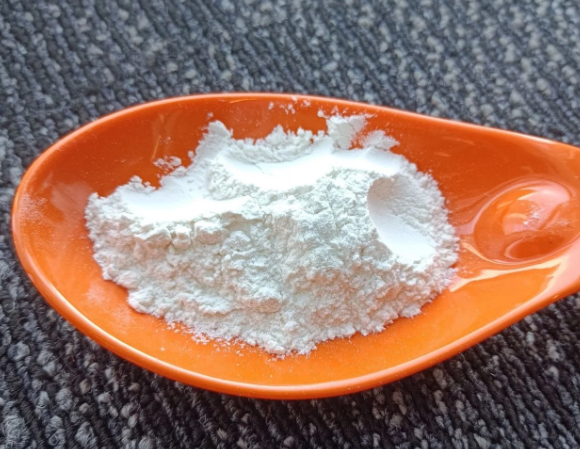
Vitamin D3 CAS:67-97-0 Manufacturer Price
Vitamin D3 feed grade is a high-quality nutrient used in animal feed to promote optimal growth, development, and overall health. It plays a key role in regulating calcium and phosphorus absorption, supporting bone and muscle development, improving immune function, and enhancing reproductive performance in animals. This feed grade supplement ensures that animals receive the required levels of vitamin D3 to maintain strong bones and aid in the prevention of deficiency-related health issues.
-

Marigold Extract CAS:144-68-3 Manufacturer Price
Marigold extract is a feed-grade substance derived from marigold flowers, known for its high concentration of carotenoids such as lutein and zeaxanthin. It is used in animal feed to enhance pigment coloration, particularly in egg yolks, broiler skin, and fish flesh. Marigold extract also provides antioxidants that can support eye health, reduce inflammation, and contribute to overall animal wellbeing. Additionally, it serves as a nutritional supplement, providing vitamins and minerals to the animal’s diet.
-

Flubendazole CAS:31430-15-6 Manufacturer Price
Flubendazole feed grade is an anthelmintic compound commonly used in animal feed to control or eliminate parasitic infections caused by various gastrointestinal worms. It is highly effective against a range of parasites, including nematodes and cestodes, and is commonly used in poultry, pigs, and other livestock. Flubendazole feed grade works by disrupting the worm’s metabolism, affecting its ability to survive and reproduce, ultimately leading to its elimination.
-
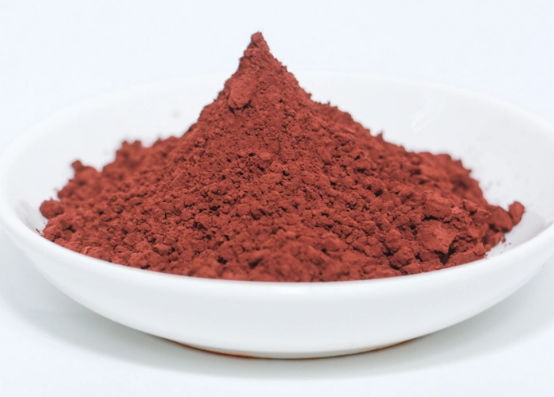
Grape seed extract CAS:84929-27-1
Grape seed extract feed grade is a natural supplement derived from the seeds of grapes. It contains a high concentration of bioactive compounds, including antioxidants, polyphenols, and essential fatty acids. This extract is commonly used in animal feeds to provide various health benefits.
The antioxidant properties of grape seed extract help to combat oxidative stress in animals, reducing the risk of chronic diseases and promoting overall health. It also supports cardiovascular health by improving blood circulation and strengthening blood vessels.
Furthermore, grape seed extract has anti-inflammatory effects, which can help reduce inflammation in animals with conditions such as arthritis or gastrointestinal inflammation. It can also enhance the immune system and promote gut health by supporting the growth of beneficial gut bacteria and aiding in nutrient absorption.
-

Oxibendazole CAS:20559-55-1 Manufacturer Price
Oxibendazole feed grade is a medication used in animal feed to treat and control internal parasite infections in livestock animals. It is effective against various types of gastrointestinal parasites, including roundworms, lungworms, tapeworms, and flukes. Livestock animals consume the feed containing oxibendazole, which is then absorbed in their digestive system. This medication works by killing or inhibiting the growth of internal parasites, helping to improve the animals’ health and productivity.

